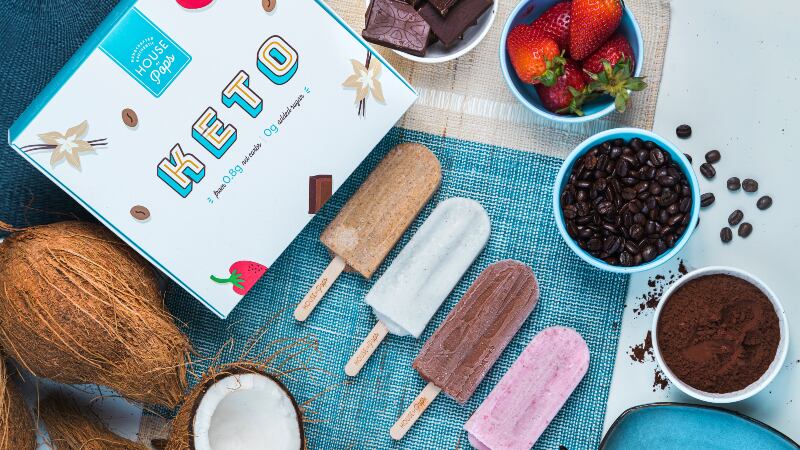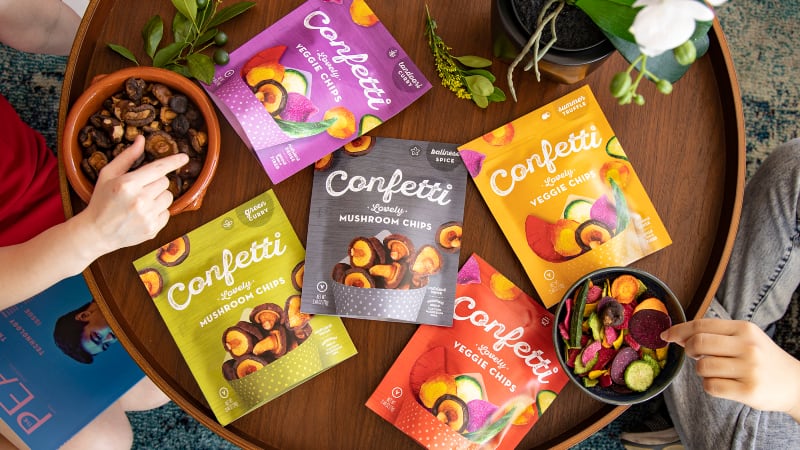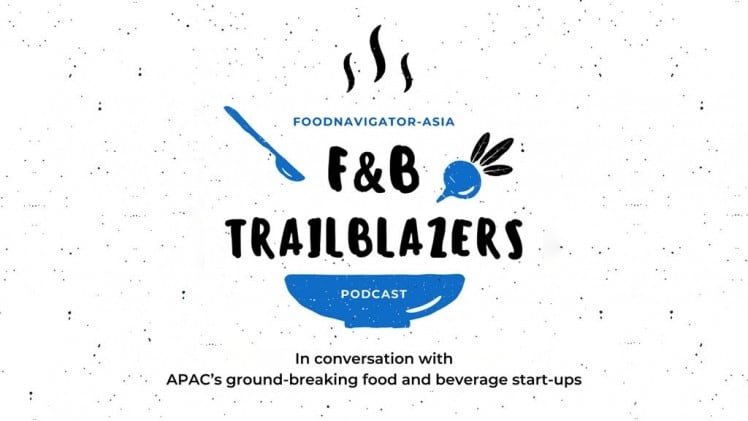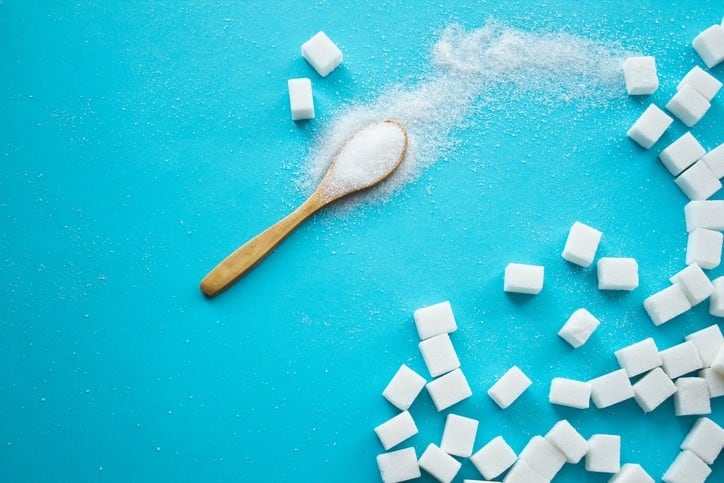In its fifth year of business, House of Pops has been growing at a CAGR of 137% since 2018. In the last 12 months alone, it has sold more than 1.3m popsicles.
It currently operates more than 20 kiosks, stocks at 45 Carrefour stores across UAE, supplies to over 35 four- and five-star hotels, and is the only ice cream brand allowed in Dubai schools.
The firm has also established a franchising model, with which it is now building its presence in Saudi Arabia and Bahrain.
“Our focus is to become the number one healthy ice cream brand in the Gulf Cooperation Council (GCC). We plan to further expand via franchising — we have signed an Indication of Interest (IOI) with our Saudi partner to open more than 80 outlets in the next six years.
“We are also in advanced discussions with franchisees in Kuwait, Qatar and Oman. I believe that we will be available in all GCC countries before the end of the year. There are more than 3,000 outlets in the GCC that can retail our products, so the opportunity is huge,” Mazen Kanaan, CEO and co-founder of House of Pops, told FoodNavigator-Asia.
In the mid-to-long term, the brand has set sights on the Middle Eastern, European and North American markets.
“We are doing a seed operation in Hungary, where we are testing waters with our popsicles, so that when we are ready to launch in Europe in one to two years’ time, we would have already gotten adequate feedback about the flavours, pricing, etc. Just like in the GCC, the goal is to build the brand and find the right partners to distribute our products,” said Kanaan.
Another area that will potentially drive House of Pops’ growth trajectory is private labelling.
“Our factory in Jebel Ali enables us to produce private-label products for companies that want to enter the ice cream sector. We are working with some brands for limited-edition releases, and we’ve had requests locally and from Saudi. This is definitely something that we are in the process of developing.”
Staying on top of trends
House of Pops has identified several key trends in the healthy snacking space, particularly in the GCC and Middle East region — increasing demand for plant-based products, clean eating, functional foods, and personalised snacking.
“More and more consumers are looking for plant-based alternatives to traditional snacks and desserts due to a number of reasons, including concerns about animal welfare, environmental impact, and personal health.
“People increasingly prefer foods that are free from artificial ingredients, preservatives and added sugars. This is partly driven by social media and celebrity chefs who are raising awareness of healthy eating and risks associated with processed foods,” Kanaan explained.
In addition, the brand observed that consumers are looking to “snack on something that gives them more than just good taste”.
“They are interested in products that can provide them with health benefits like improved gut health, increased energy levels, or even weight loss. At the same time, they want snacks that are tailored to their own diet preferences, such as keto and vegan diets.”
Examples of how House of Pops caters to these demands include its Keto series and Kombucha range.
“Our products are 100% natural and plant-based. They contain only five to six ingredients, with no allergens and additives. They are rich in fibres, which are beneficial for gut health. Instead of refined sugars, we use organic agave and real fruits.
“Furthermore, we have a strong commitment towards sustainability. There is no plastic in our packaging — we use compostable film made from plant starch. Even the uniforms of our sales promoters are made from recyclable plastic bottles,” said Kanaan.
Appealing to the Instagram generation, the brand’s best-sellers are the Royal series, with each ice cream stick infused with fruit pieces for an extra photo-worthiness.
“Nowadays, people not only like to eat things that taste nice, but they also consume with their eyes and other senses.”
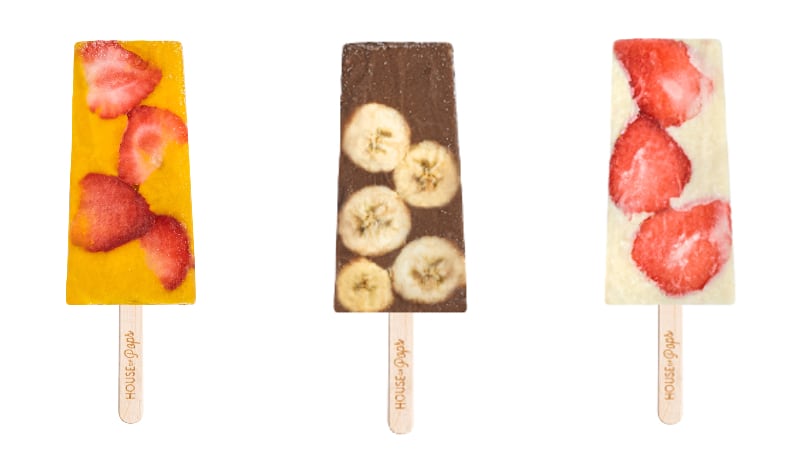
Fresh bites
Similarly, House of Pops places great emphasis on consumer trends when it comes to product development and flavour innovation.
“We are always on the lookout for the latest flavour trends on social media and blogs. We follow celebrity chefs, refer to online search engines, and interact with consumers to find out what they are looking for.
“People generally would stick to simple flavours that they love, such as mango, strawberry and chocolate. But every now and then, they’d like to try something different. For instance, matcha is gaining popularity here, and people want [the flavour] in their ice cream too,” Kanaan shared.
This year, House of Pops will be expanding both its flavour offerings and product formats to include ice cream bites and pints.
“Each ice cream bite is around 14g. It will be dipped in chocolate, which people can eat as a snack. They should be launched sometime in July, and the pints in Q4.
“In terms of flavours, an interesting one that we’re launching soon is the coconut and lime flavour. We are also going to introduce yoghurt popsicles, so people can enjoy the fun of having yoghurt on a stick.”


